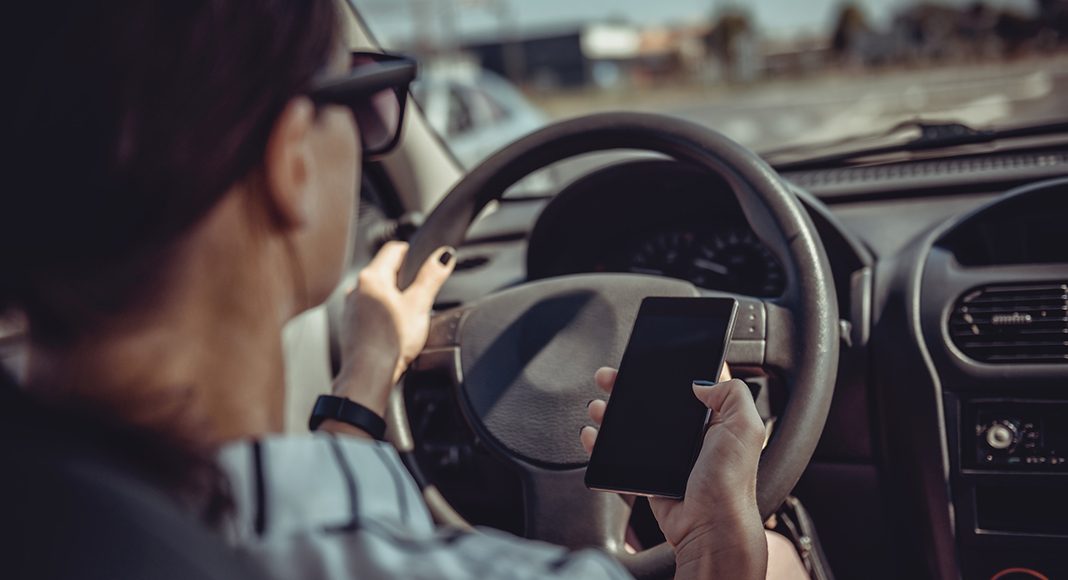The Federal Highway Administration (FHA) has awarded $1.84 million to researchers to study best practices for preventing cell phone use while driving.
M. Kit Delgado, MD, MS, an assistant professor of Emergency Medicine and Epidemiology in the Perelman School of Medicine at the University of Pennsylvania (Penn) and an associate fellow at the Center for Injury Research and Prevention at Childrenâs Hospital of Philadelphia (CHOP), along with a team from Penn and CHOP, have received the grant from the FHA, an agency within the United States Department of Transportation.
The researchers will investigate strategies â such as redesigning insurance discounts â for reducing cell phone use while driving. The objective of the grant is to translate findings from the field of behavioral economics to interventions that can be delivered through smartphones to ânudgeâ drivers to reduce distracted driving arising from cell phone use. Behavioral economics combines insights and findings from psychology and economics to explain, and try to correct, counter-productive or predictably irrational decision-making.
âTyping and swiping on your phone while driving is something that everyone knows is dangerous and usually illegal, yet people continue to do it. Because it has become a common, impulsive, and almost subconscious behavior, they may not even know how much they are doing it,â said Delgado. âBy bringing together a team with experience in behavioral economics and behavioral design, traffic safety, statistics, and epidemiology, weâll be able to determine whether these strategies successfully address these other problem areas and can help reduce the dangerous and potentially lethal behavior of using a cell phone while driving.â
The study, a collaboration between researchers in Pennâs Center for Health Incentives and Behavioral Economics, the Penn Injury Science Center, the Wharton School, and CHOPâs Center for Injury Research and Prevention, will build on previous innovative and successful work conducted at Penn for testing behavioral economic strategies to change difficult health behaviors such as quitting smoking, staying fit, and taking medications as prescribed.
The collaborators will seek to discover strategies that can be deployed in usage-based insurance (UBI) programs. Unlike typical insurance policies where rates are based on traditional ratings variables such as a customerâs demographics, UBI uses in-vehicle devices or smartphone apps to understand actual driving behavior. In-vehicle devices and smartphone UBI apps capture driving data such as hard braking, speed, accelerations, time of day, and miles driven. More advanced smartphone telematics technology automatically detects distracting phone use like calls and other types of hand-held or hands-free phone use. Insurers can factor these new distraction events into programs offering safe driving discounts.



















